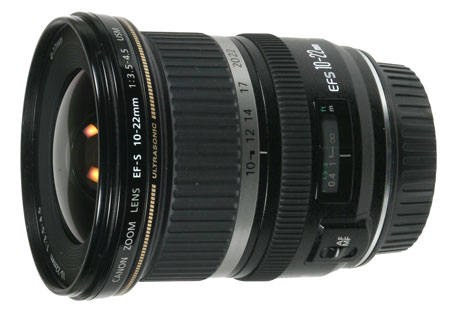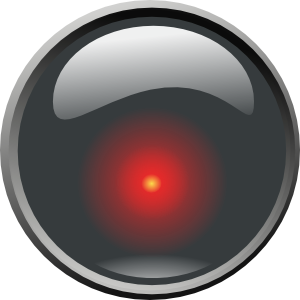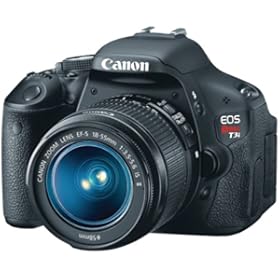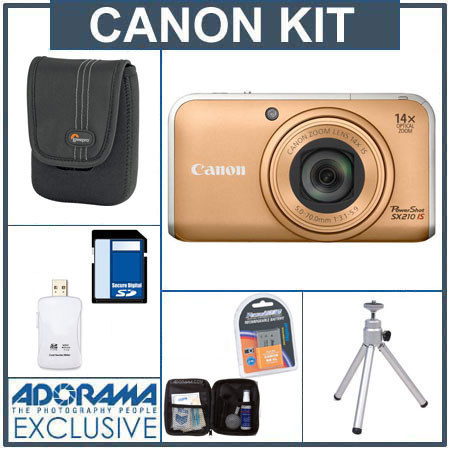
dslr camera lens brands image
Hi Folks,
After using compact cameras for decades, I decide to update to DSLR camera.
If budget isn't an issue, which DSLR camera is suitable for scenery and animal shots?
I'm a outdoor lover so I frequently take outdoor scenery shots which my compact camera's quality is not up to standard.
What about low end budget DSLR camera but with good lens/software support which I might be upgrade in near future?
Appreciate your kind response before I hit the shop =D
Thank you.
Answer
It is not so much the camera as it is the lens.
Entry level DSLRs almost universally come with a consumer-grade 18-55mm lens. This is just a starter lens, and is not meant to be the only lens you have; otherwise the lens would not be made removable.
There are two types of DSLRs, consumer-grade (which includes entry level and advanced amateur) and professional. Professional DSLRs have full frame sensors, and consumer-grade DSLRs have cropped sensors; at least for purposes of this explanation.
The type of DSLR you chose will also dictate a bit which lenses you need. And since you are asking this question, I am assuming you are in the market for a non-professional (cropped APS sensor) DSLR, so my answer is according to this assumption.
Landscape lenses: look for a "superwide" angle lens. Something in the 10 to 24mm range. This lens is good for scenery and indoor shots. However, for indoor shots, you will want a fast lens. My recommendation is a Tokina 11-16mm f/2.8 Dx2. It is available in Nikon, Canon, and Sony mounts.
Animal shots: For animals close to you, your kit 18-55mm lens will do. However, if you want to upgrade to one that will work in low light/indoors, look at a Sigma 17-50mm f/2.8, or your camera manufacturer's lens (for example; Canon 17-55mm f/2.8 or Nikon 17-55mm f/2.8). These lenses are very similar to your kit lens except that they will let more light in and are better in low-light situations.
Animal shots for distant animals, you will need a telephoto lens. A good choice is a 70-300mm telephoto for most wildlife, or for birding, something like a Sigma (nicknamed "Bigma") 50-500mm.
For sports, you want a faster telephoto lens (one that lets in more light/can be used at faster shutter speeds). The king of sports telephotos is the 70-200mm f/2.8. And good thing you said budget is not an issue, as these lenses cost up to $2,500.
Thing is, lenses are vastly more important than the camera. All too often, first-time buyers will buy the most expensive DSLR they can afford, then buy a lens almost as an afterthought.
But the opposite is true; buy the best lens you can afford (which will be the most expensive) and buy the camera almost as an afterthought.
A good set of lenses will be 80% of your DSLR investment, with the camera being around 20%. So if you buy a $1,000 camera, you should be expecting to spend $4,000 minimum on lenses to get the most performance out of your camera.
And also realize there is consumer-grade lenses and professional-grade. My recommendation is to buy professional-grade whenever you can, even if you have a consumer-grade camera. Professional grade means lenses with apertures of f/2.8 or wider.
Here are my recommendations for a good starter set of lenses:
For APS (cropped consumer-grade cameras):
Tokina 11-16mm f/2.8 for your brand camera.
Sigma 17-50mm f/2.8 for your brand camera (or your camera's brand 17-55mm f/2.8)
Sigma 70-200mm f/2.8 for your brand camera (or your camera's brand 70-200mm f/2.8)
And you may want to supplement these lenses with a longer telephoto; 70-300mm or 400~500mm if and when you can afford it. This lens can be slower than f/2.8 though, as you will usually be using a tripod anyway. You can get a 70-300mm f/4.5~5.6 for around $600, or a 500mm lens in the $1,200 range (for example, the Sigma 150-500mm f/5.6~6.3 for birding).
But if you need a f/2.8 and money is no object - you can buy a Sigma 200-500mm f/2.8 if you want for $32,000. Most of us don't need one, and do not want to carry around a bazooka (literally):
http://cache.gawkerassets.com/assets/images/gizmodo/2009/04/009475l_01.jpg
Really... that lens exists.
Also, for superior low-light, a 50mm f/1.8 or f/1.4 can be purchased for $200 to $400, so it is not a huge investment for a great lens.
Thing is, due to the high cost of good lenses, you can spend a fortune on them, and if you buy the wrong lens for your needs, you can waste a fortune on them. Before plunking $5,000 down on lenses and a camera, you might want to find someone in your area that is knowledgeable and have them teach you a bit.
Most photographers will be happy to do so, but they might inject their own bias as to brands as this is a very brand-oriented and brand-loyal hobby and profession.
How to chose the best dslr camera?

Ryan
I am looking for a nikon dslr but I don't know which camera is best for me.
I am new to photography and I like to shoot stuff close (autofocus) and shoot objects with low shutter speeds
Is a dslr camera with an autofocus motor better? If so which one is the best?
Answer
Any of the entry level DSLR's would be fine. Canon or Nikon are both good - it depends on your preferences, or perhaps if someone you know owns the same brand.
The lenses are much more important, because they will stay with you even when you upgrade to a new camera body, so make sure to buy the best you possibly can when it comes to lens shopping - you WILL regret buying slow lenses.
Canon tends to be a little cheaper and have a bit more choice, including on the second hand market.
Pick a favorite few cameras, compare them on www.dpreview.com, then play with them in a store...... handling them might help you decide which one to get.
The very best thing you can do for your photography, is to attend a class and read a few books and tutorials. Having some knowledge will make a huge difference to your images.
I hope I have expressed this idea clearly enough: YOU need to learn about photography because even the world's best camera will take lousy shots in the hands of someone who has no clue how to use it.
It sounds like you need to start that learning process BEFORE you even go shopping. Don't spend money until you understand all the terms and concepts properly - you'll just end up disappointed with your choices later.
Powered by Yahoo! Answers
































